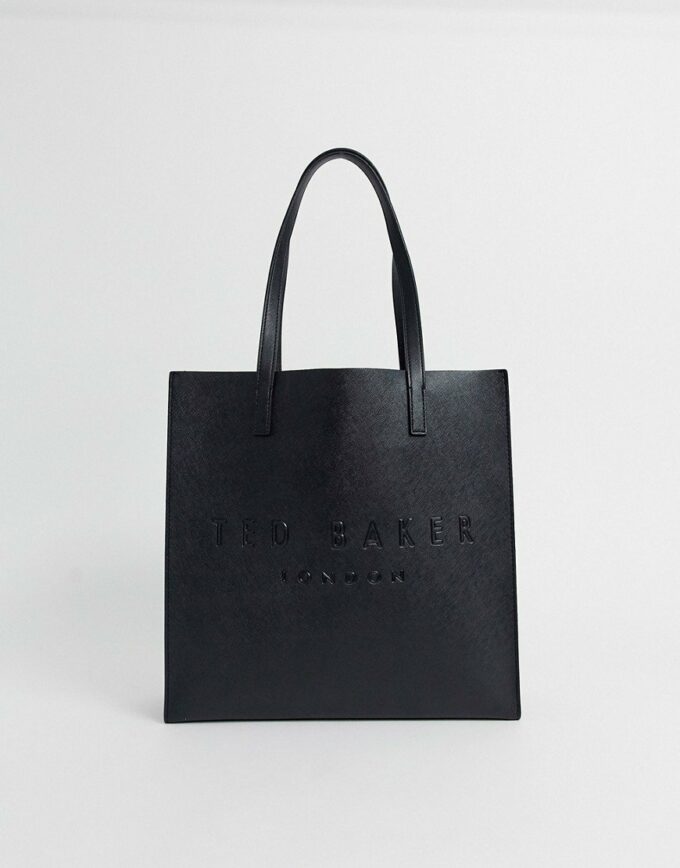Typography is the work of typesetters, compositors, typographers, graphic designers, art directors, manga artists, comic book artists, graffiti artists, and now—anyone who arranges words, letters, numbers, and symbols for publication, display, or distribution—from clerical workers and newsletter writers to anyone self-publishing materials.
Until the Digital Age, typography was a specialized occupation. Digitization opened up typography to new generations of previously unrelated designers and lay users, and David Jury, head of graphic design at Colchester Institute in England, states that “typography is now something everybody does. As the capability to create typography has become ubiquitous, the application of principles and best practices developed over generations of skilled workers and professionals has diminished. Ironically, at a time when scientific techniques.
Typography is the work of typesetters, compositors, typographers, graphic designers, art directors, manga artists, comic book artists, graffiti artists, and now—anyone who arranges words, letters, numbers, and symbols for publication, display, or distribution—from clerical workers and newsletter writers to anyone self-publishing materials.
Until the Digital Age, typography was a specialized occupation. Digitization opened up typography to new generations of previously unrelated designers and lay users, and David Jury, head of graphic design at Colchester Institute in England, states that “typography is now something everybody does. As the capability to create typography has become ubiquitous, the application of principles and best practices developed over generations of skilled workers and professionals has diminished. Ironically, at a time when scientific techniques.






